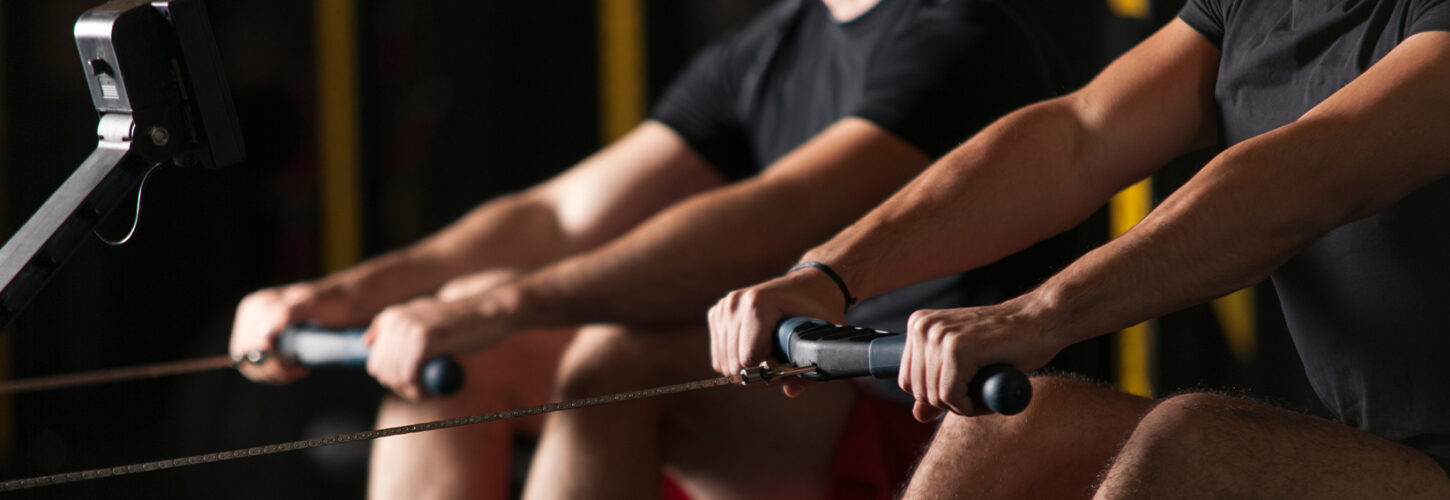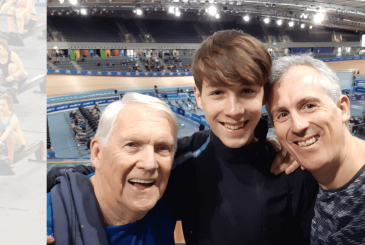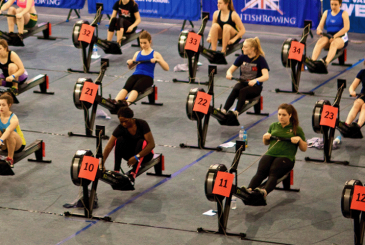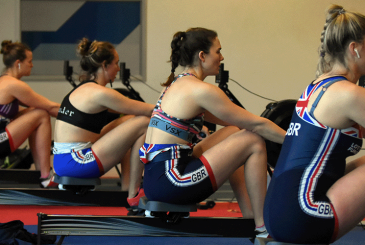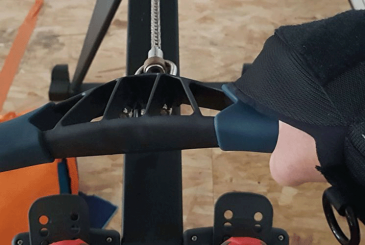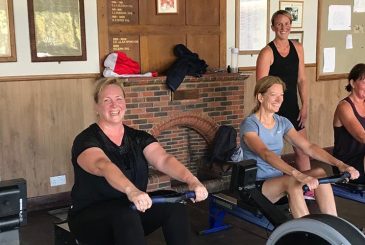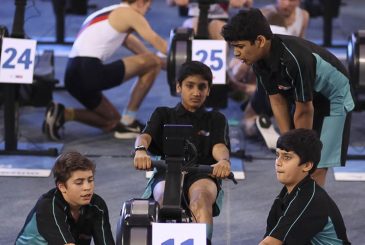Since its explosion onto the scene in the last decade, High Intensity Interval Training (HIIT) continues to be one of the top trends in fitness. Athletes have been exposed to HIIT in conditioning programmes for many years, but why should we mere mortals apply this type of training to our own workouts?
HIIT Rowing Benefits
High intensity intervals on a rowing machine may not only enhance cardiovascular fitness but studies also show improvements in key health indicators such as blood pressure and insulin sensitivity. Those improvements to aerobic fitness have also been shown to help reduce times in 2000m rowing trials.
Research shows that HIIT also carries psychological benefits, with participants enjoying these short, high energy sessions more than longer bouts of exercise at a consistent intensity. Unfortunately, the jury is still out on whether you’ll burn more calories!
The most attractive function of HIIT for many people is time-efficiency. The ability to get an effective workout done during a lunch break is one of the major lures of HIIT. Sessions can range anywhere from 20-45 minutes and tend to be extremely simple to follow, making them more accessible to a
wider range of gym-goers.
In terms of frequency, it is generally recommended that there should be a 24-hour gap between HIIT workouts, so performing 2-3 per week would be ideal. With rowing being a low-impact activity, you’ll find the recovery time shorter than any type of resistance/weights-based HIIT session.
Sample Sessions
A true HIIT workout should consist of near maximal effort and intervals must be performed at the same intensity throughout. Changing the work and rest periods during a workout would be variable-intensity interval training (VIIT) rather than HIIT. VIIT sessions tend to be a more common form of high intensity training, offering more variation to fight off boredom.
The beauty of rowing is that there are a variety of numbers, measurements and pieces of data that can be used during sessions. Below are example 20-minute sessions using time, strokes per minute (SPM) and wattage as
variables:
HIIT Session 1
| Time | SPM | |
|---|---|---|
| Warm up | 3 minutes | 20-26 |
| Main workout: 10 rounds | 60 seconds work | >35 |
| 30 seconds rest | 20-24 | |
| Cool down | 2 minutes | 18-24 |
HIIT Session 2
| Time | Wattage | |
|---|---|---|
| Warm up | 2 minutes | <150 |
| Main workout: 15 rounds | 45 seconds work | >250 |
| 15 seconds rest | <100 | |
| Cool down | 3 minutes | >150 |
VIIT Session 1
| Time | SPM | |
|---|---|---|
| Warm up | 3 minutes | 20-26 |
| 4 rounds | 60 seconds work | >30 |
| 30 seconds rest | 18-20 | |
| 4 rounds | 20 seconds work | >35 |
| 10 seconds rest | 20 | |
| 4 rounds | 60 seconds work | >30 |
| 30 seconds rest | 18-20 | |
| Cool down | 3 minutes | 18-24 |
VIIT Session 2
| Time | Wattage | |
|---|---|---|
| Warm up | 3 minutes | <150 |
| 3 rounds | 2 minutes work | >150 |
| 60 seconds rest | <100 | |
| 3 rounds | 30 seconds work | >250 |
| 30 seconds rest | <100 | |
| 3 rounds | 30 seconds work | >200 |
| 30 seconds rest | <100 | |
| Cool down | 3 minutes | <150 |
Photo: Berkomaster/Shutterstock.com


